

Boy Scouts Achieve Milestones with Recognition from Shinagawa Mayor
Boy Scouts Visit Shinagawa Mayor to Celebrate Achievements
On April 4, 2024, a group of 20 Boy Scouts representing the Haya Scout and Kiku Scout ranks visited the Shinagawa City Hall to meet with Mayor Morisawa. This meeting celebrated their accomplishments and marked an important moment in their scouting journey.
The event took place from 1:15 PM to 1:45 PM and included a casual discourse between Mayor Morisawa and the scouts, where they presented their past activities and future plans. The scouts expressed their commitment to continue their service and growth through scouting.
Mayor Morisawa encouraged the scouts with uplifting words about their future endeavors. As a token of appreciation, the representatives from the scouts presented the mayor with a commemorative gift to honor this special occasion.
What is the Haya Scout Rank?
The Haya Scout rank, or Haya-busa Scout, is one of the advancement badges that Boy Scouts in Japan strive to attain. It is part of a structured program tailored for teenagers, specifically within the Venture Scouts category, which corresponds to high school students.
The advancement system in the Boy Scouts consists of six key ranks: Shokyu (Beginner), 2nd class, 1st class, Kiku, Haya, and the highest, Fuji Scout. Scouts targeting the Fuji Scout rank face a set of challenges across six fields, including skills, scouting spirit, service, and faith encouragement. Notably, achieving the Fuji Scout rank also requires participation in a three-day solo camping trip.
Leadership is deemed an essential quality for Fuji Scouts. They are expected to exhibit project planning and execution skills, alongside a commitment to serve their community. This structure ensures that scouts not only grow personally but also contribute positively as community leaders.
The scouting framework provides programs for youth ranging from first graders to those aged 25, ensuring that every age group can engage meaningfully within scouting activities.
Overview of the Boy Scout Movement
The Boy Scout movement originated in England in 1907 and has since expanded globally, with approximately 57 million participants across 176 countries and regions. The core of the movement revolves around outdoor activities that foster independence, teamwork, social skills, resilience, and leadership among children.
In Japan, about 1,700 scout organizations exist nationwide, with total participation including both children and adults amounting to around 80,000 individuals. This makes scouting not just a recreational activity but a collaborative effort towards nurturing responsible young citizens.
For more information about Boy Scouts of Tokyo or inquiries, please contact Yamamoto Shintaro at the General Incorporated Association of Boy Scouts Tokyo Federation.





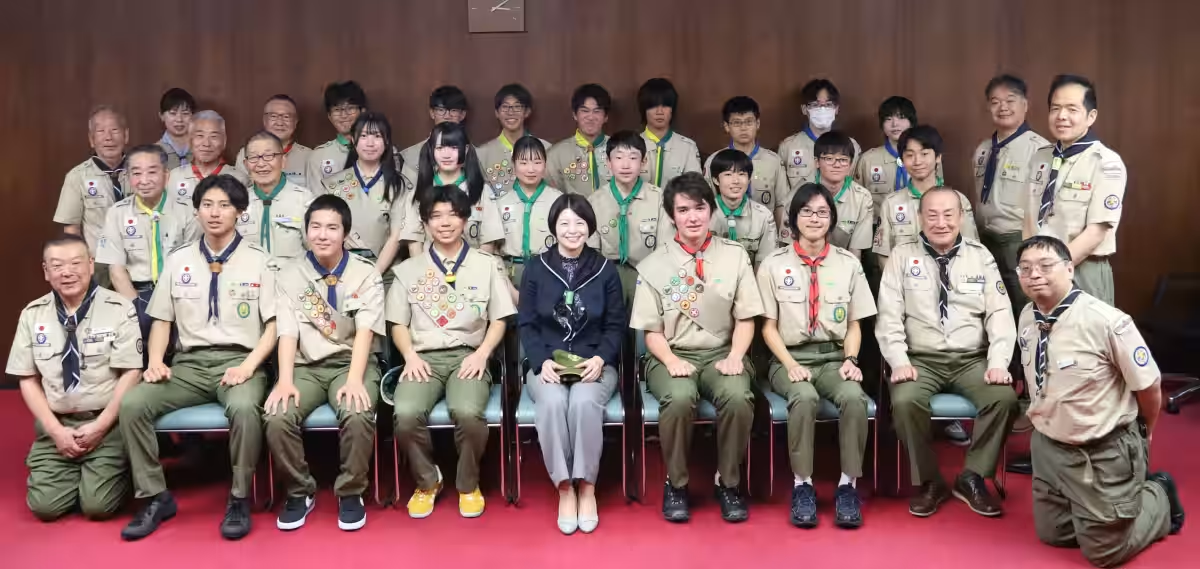
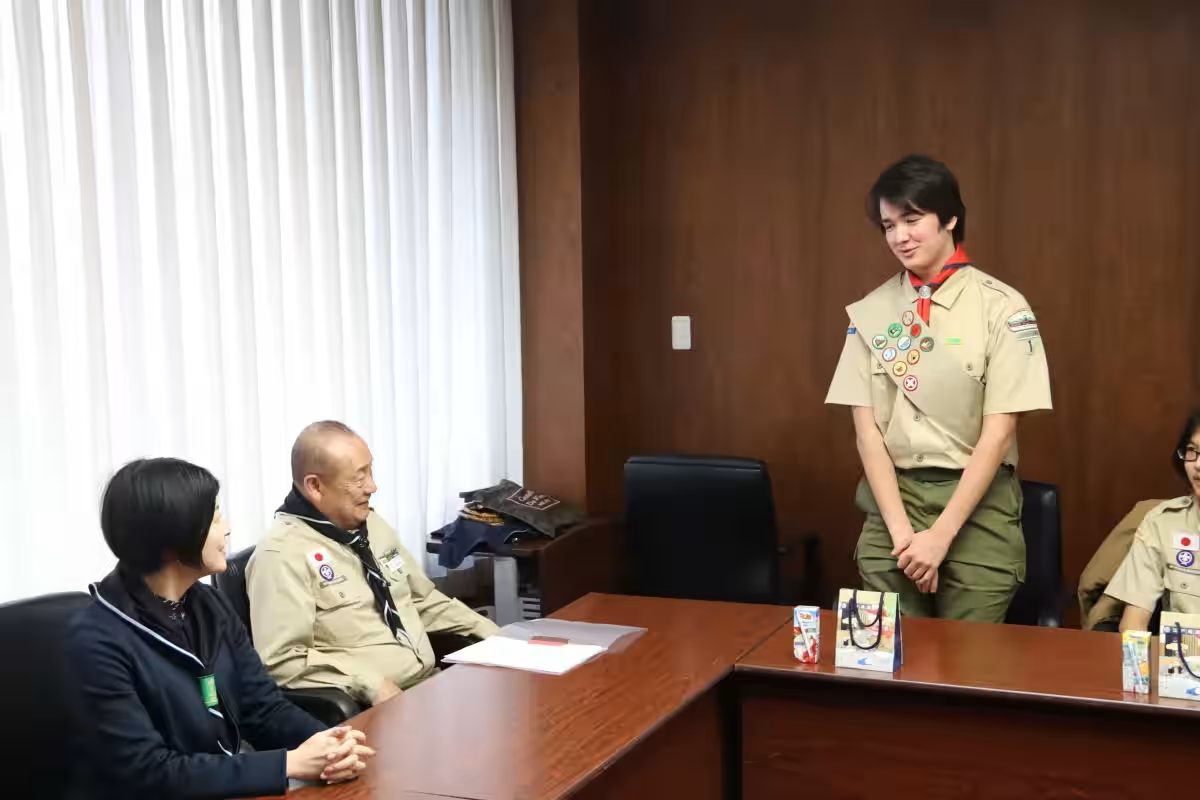
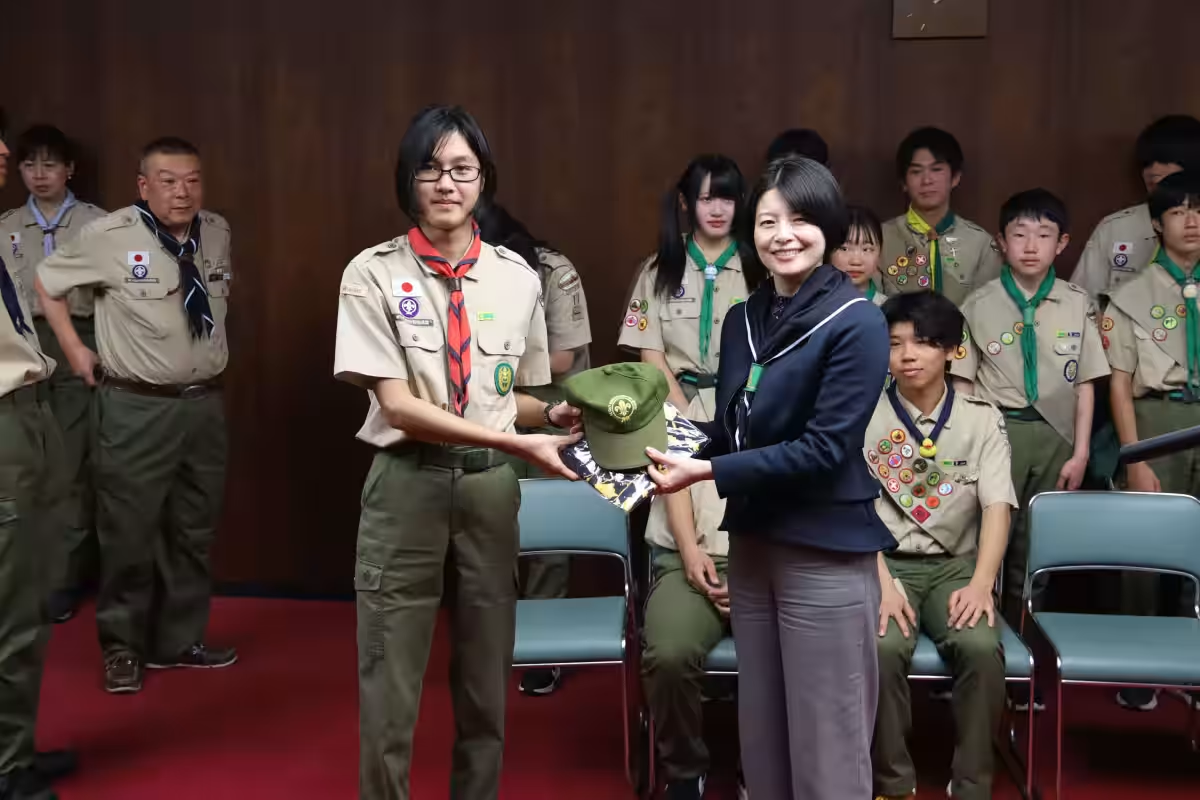
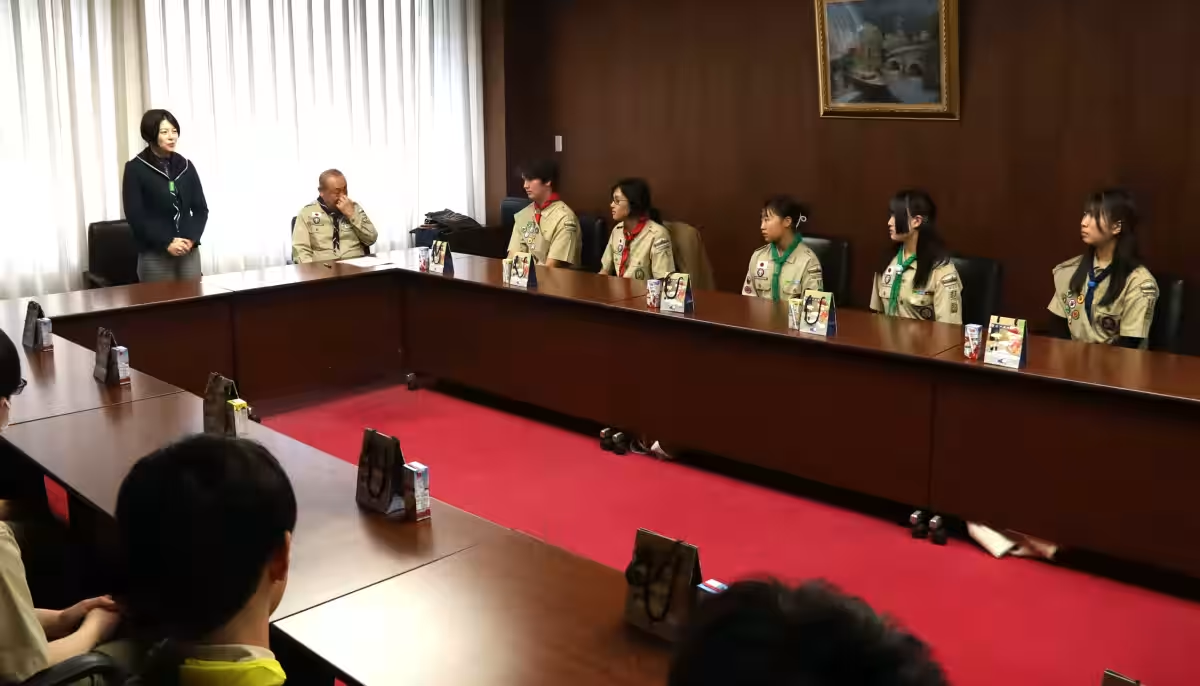
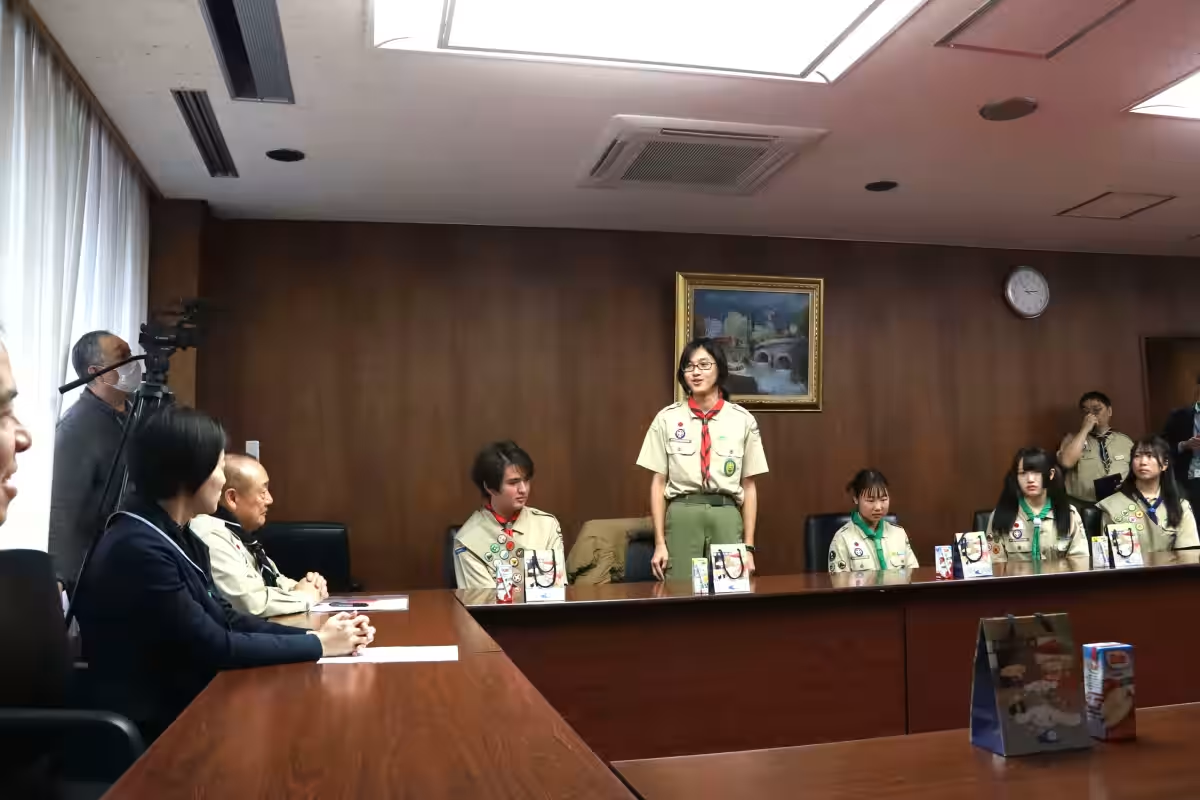
Topics People & Culture)










【About Using Articles】
You can freely use the title and article content by linking to the page where the article is posted.
※ Images cannot be used.
【About Links】
Links are free to use.